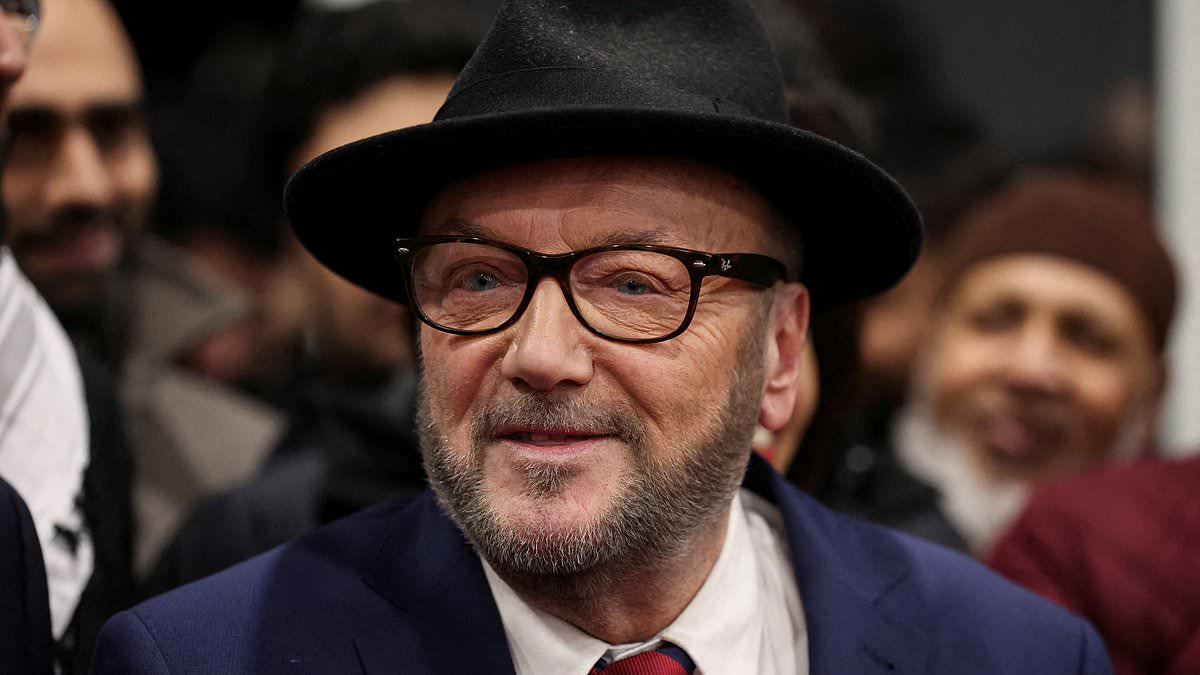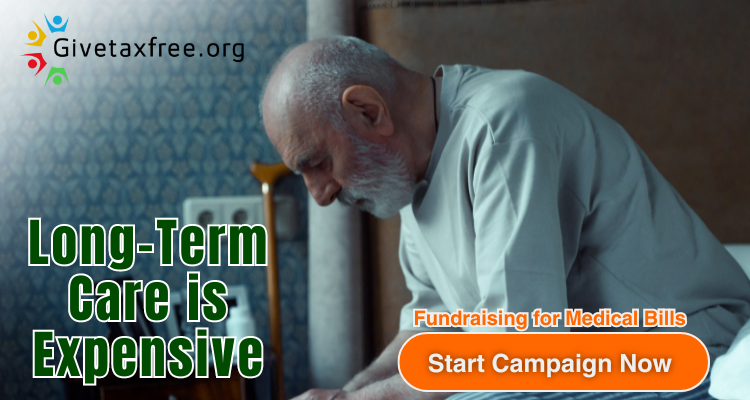Partners in cancer care – who are advanced practice providers? In the first episode of ASCO Education’s podcast series on Advanced Practice Providers (APPs), co-hosts Todd Pickard (MD Anderson Cancer Center) and Dr. Stephanie Williams (Northwestern University Feinberg School of Medicine), along with guest speaker, Wendy Vogel (Harborside/APSHO), discuss who advanced practice providers are, share an overview of what they do, and why they are important to oncology care teams. If you liked this episode, please subscribe. Learn more at https://education.asco.org, or email us at [email protected] (mailto:[email protected])
TRANSCRIPT
Todd Pickard: Hello everyone, and welcome to the ASCO Education Podcast, episode number one of the ‘Advanced Practice Providers’ series, ‘APPs 101: What and Who Are Advanced Practice Providers?’
I’d like to introduce my co-host for this series, Dr. Stephanie Williams. My name is Todd Pickard. I’m an advanced practice provider, I’m a PA, and I work at MD Anderson Cancer Center in Houston, Texas. I’m also the Executive Director of Advanced Practice and my clinical practice is in urology. Dr. Williams, how about you introduce yourself?
Dr. Stephanie Williams: Thanks, Todd, and thanks for this opportunity to present this incredibly important topic. I am currently retired from clinical practice. I had been in practice for over 35 years both in an academic setting, a private practice, and more recently in a large institutional, multi-specialty institutional type of practice. My primary clinical care has been in stem cell transplants and cellular therapy. And we have used APPs, both PAs and NPs for a couple of decades in our particular area.
Todd Pickard: Great, thanks for that. I’d also like to introduce you to our guest panelist today, Wendy Vogel from Harborside, who is a certified oncology nurse practitioner with over 20 years of clinical experience and expertise.
We’re excited to be chatting with Wendy today about the basics of advanced practice providers and who they are. This will be an introduction for the rest of the upcoming episodes of APP Podcasts. Wendy, why don’t you tell us a little bit about yourself and your practice.
Wendy Vogel: Thanks, Todd. It is a pleasure to be here. I appreciate you asking me to talk. I am an oncology nurse practitioner as you said. I do a high-risk cancer clinic and do that a couple of days a month. And I am also the executive director of APSHO, the Advanced Practitioner Society for Hematology and Oncology.
Todd Pickard: Great! We’re looking forward to a robust and informative discussion today between the three of us. So, I’d like to get started with some basics. Wendy, do you want to always start with a definition of advanced practice registered nurse?
Wendy Vogel: Okay, great question! So, APRNs or advanced practice registered nurse include nurse practitioners. It can include clinical nurse specialists, nurse anesthetists, and nurse midwives.
And generally, APRNs hold at least a master’s degree in addition to some initial nursing education as a registered nurse. Some APRNs have doctorates like the DNP or Doctorate of Nursing Practice. But licensure for APRNs generally falls under the State Board of Nursing.
So, we’re also required to have a board certification, usually as some sort of generalist as in family medicine, pediatrics, geriatrics, women or acute care. But in oncology, many APRNs also carry oncology certification.
Todd Pickard: Excellent! Thanks for that. I’ll go ahead and add to the conversation by defining physician assistant. So, physician assistants are individuals who are trained in the medical model and are licensed to practice medicine in team-based settings with physicians.
Very much like advanced practice registered nurses, we come from a variety of backgrounds, and our education model is really focused on thinking about the patient the same way that our physician colleagues do.
We’re trained in really taking a very broad look at patient care, and our education as a generalist model. PAs are certified by the National Commission on Certification of Physician Assistants, which is one national certification that includes all of the content areas in which we will practice.
Dr. Stephanie Williams: For those out there who don’t know, what are the differences between a physician assistant and an APRN? Or are there differences in practical terms, in terms of how we practice our field?
Wendy Vogel: That is a great question, Stephanie, thanks for asking that. We function very much the same. The main difference is just in our educational background, where nurse practitioners come from a nursing background and the nursing model of care, and I’ll let Todd speak to where PAs come from, but basically, our functions are very much the same.
Todd Pickard: I very much agree. If you are in a clinical setting, and for some reason, Wendy or myself failed to identify who we are, you w…















![TargetCancer Foundation at 15 Years: Reshaping the Rare Cancer Research Landscape [Video]](https://cancerrecoverygiving.com/wp-content/uploads/2024/07/mp_350172_0_0jpg.jpg)
![Targeted Therapy Delivered | Lisata Therapeutics (NASDAQ: LSTA) | GCFF 2024 Virtual Bio [Video]](https://cancerrecoverygiving.com/wp-content/uploads/2024/07/mp_349938_0_0jpg.jpg)

